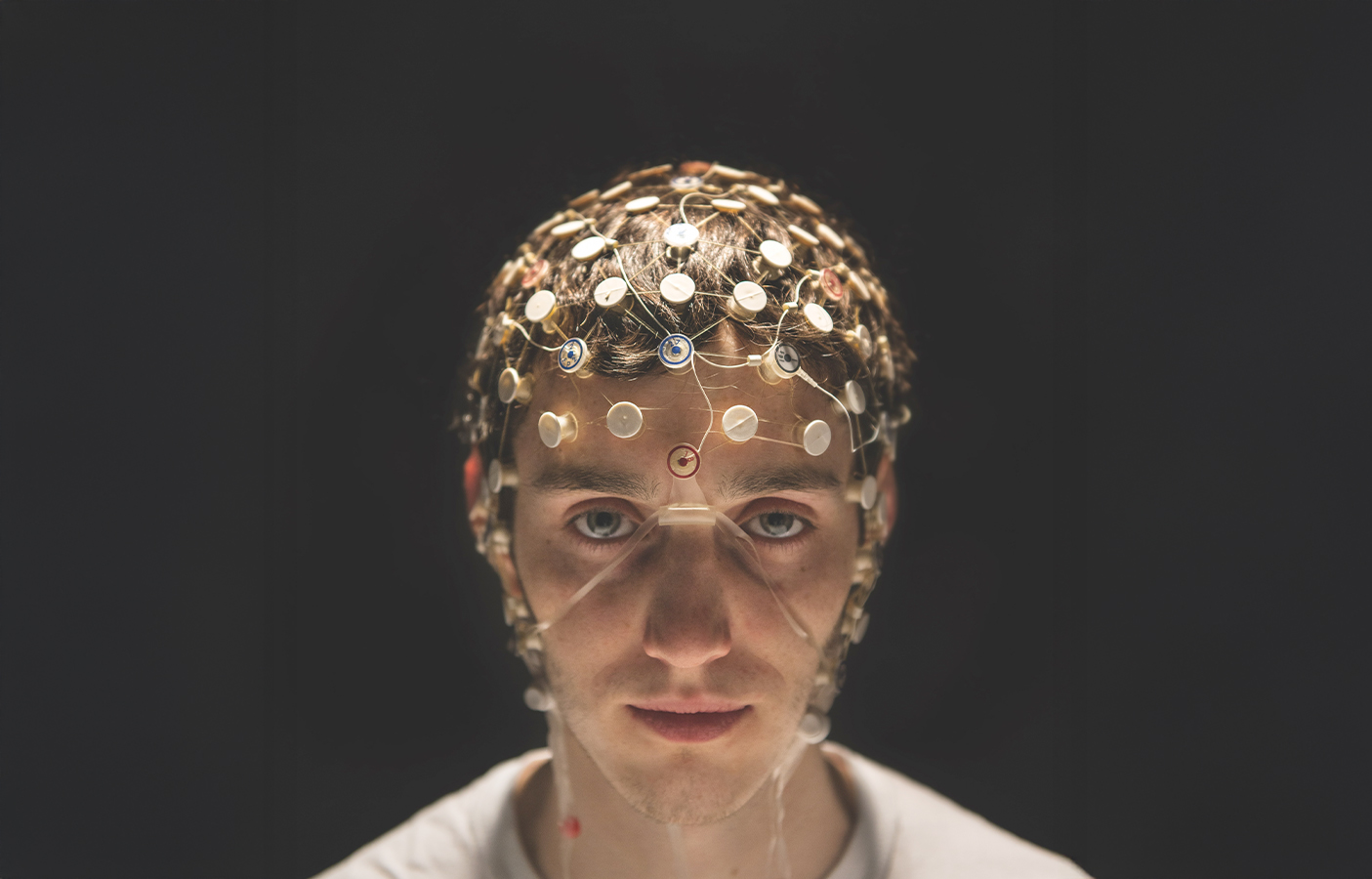The new program will offer three options: a Bachelor of Arts, a Bachelor of Science and a Bachelor of Science with a specialization in exercise neuroscience.
Elon University will launch a Bachelor of Arts and Bachelor of Science in neuroscience in fall 2025, building off the success of Elon’s neuroscience minor and aligning with the Boldly Elon strategic plan commitment to STEM education.
The new degree program, housed in Elon College, the College of Arts and Sciences, is built on the concept of “interdisciplinary agility,” allowing students to learn, understand and adapt to new information using knowledge and skills from diverse areas. The program embraces the field’s diversity, combines hands-on lab and lecture experiences to develop core knowledge and technical expertise and emphasizes professional skills to prepare students for successful careers and leadership in the sciences.
“Neuroscience is everything. It’s the way you think. It’s the decisions you make. It’s the way you feel. What makes neuroscience unique is that it requires interdisciplinary thinking, and often, collaboration, is truly interdisciplinary ,” said Matt Wittstein, coordinator of the neuroscience minor and associate professor of exercise science. “You are taking elements of biology and psychology to understand how neurons and groups of neurons work together to result in behavior.”
The Bachelor of Arts in neuroscience will require 48 semester hours and allow students to explore neuroscience beyond STEM approaches. Students who earn this degree will be prepared to enter fields such as medical sales, scientific writing and regulatory affairs.
The Bachelor of Science in neuroscience will require 64 semester hours and includes the option to specialize in exercise neuroscience. Students who complete this degree will be prepared for medical school, health professionals or graduate schools.
Both options give students the ability to pursue a dual degree, major, or minor in a related or different subject that can deepen their understanding of neuroscience.
In 2009, Elon started a neuroscience minor which has continued to sustain interest, with a desire for a major building over time. Since 2020-21, an effort to develop a major has been underway.
“Over the years, the minor has done an outstanding job of providing students mentored research experiences and meaningful coursework,” said Wittstein. “With the addition of the major, those opportunities will grow, both deepening experiential learning and extending to more students. The addition of the new major will also enhance the existing minor by adding more elective options and shared learning experiences.”
In addition to biochemical foundations courses like Human Physiology, students will also take neuroscience methods courses (Statistics in Application and Research Methods), disciplinary neuroscience courses (Behavioral Neuroscience and Neuromotor Control) and neuroscience integration courses, which will include a Neuroscience Capstone Seminar. Additional semester hours of electives will also be required, allowing students to align their coursework with personal goals.
The Neuroscience Advisory Committee, with representatives from the Departments of Biology, Chemistry, Exercise Science, Mathematics and Statistics, and Psychology worked together on the program, keeping in mind input from a wide array of disciplines. Wittstein said he envisions the program growing to the size of some of the largest majors in Elon College.
“All of the equipment that we use, all the spaces that we use, we’re borrowing from our existing departments. As we grow, there’s going to be a need for innovative spaces and new equipment to be able to teach neuroscience and engage students in research experiences,” Wittstein said. “We put a lot of thought into not thinking about this as purely a pre-med or pre-graduate science track but how does this really allow students to explore neuroscience and apply it to the questions that interest them the most?”
More information on the new program will be available in the summer of 2025.



